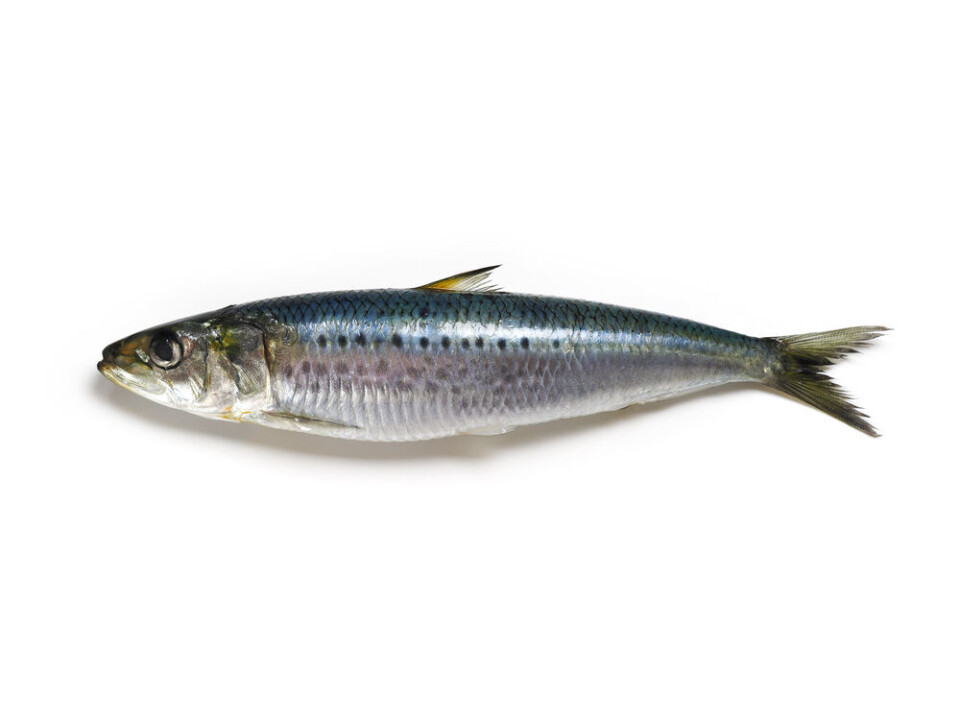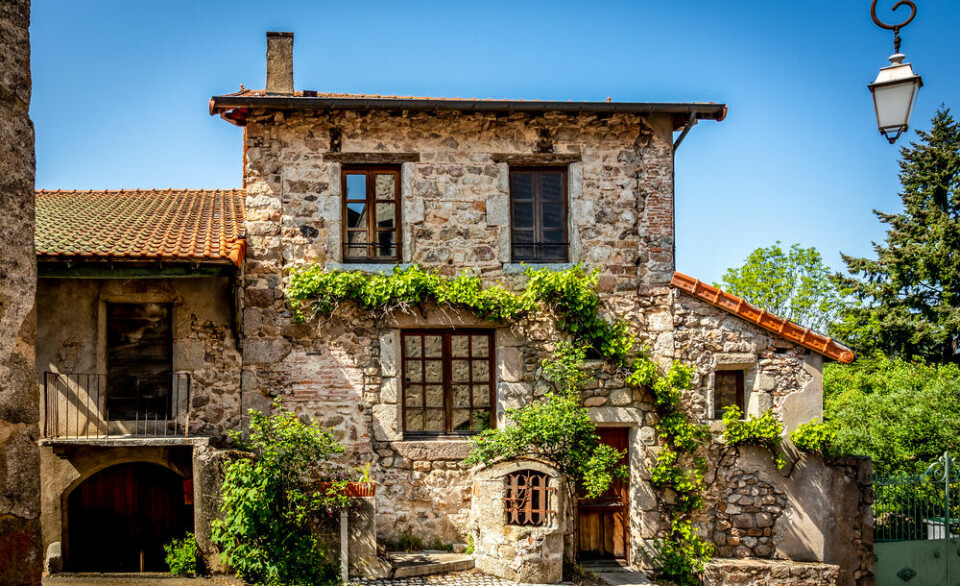-
Bavarde, commérages: how to describe having a chat or gossip in French
One phrase has its origins in the 16th century and could easily be mistranslated
-
Discover the French names for common stationery and musical items
An embarrassing guitar shop incident leads to a tough language lesson
-
When and why do we say tenir la dragée haute?
A handy phrase for when someone is standing their ground
C'est la sardine qui a bouché le port de Marseille
Marseille - a ship, a very big sardine - and a stereotype

Did you know that in France the “Marseillais” are stereotyped as grand exaggerators?
You may even hear the phrase “It’s a sardine which has blocked the port of Marseille” - referring to this but we explain how the expression has a real-life origin that has been twisted over time.
The legend is based on true events from 1780, when French prisoners captured by British forces in Pondicherry (now known as Puducherry), India, were being returned to Marseille.
The prisoners were being transported towards Europe in a ship called Le Sartine, named after the French statesman and Minister of the Navy under Louis XVI, Antoine de Sartine.
After ten months of navigation, when they were just off the coast of Gibraltar, the French captain and two other workers on board were killed by British troops on the HMS Romney due to a misunderstanding (the French captain apparently replaced the British flag with a French one on the ship).
The deceased captain’s replacement was somewhat underqualified for the job, however, as, once in Marseille, the Sartine collided with the rocks at the channel marking the entrance to the Vieux-Port, completely blocking off all access to the port.
Whether the event was such a nuisance or so comical that the story quickly made its way around town cannot be ascertained, but over time the ‘t’ in the Sartine became a ‘d’, and the legend that “It’s a sardine which has blocked the port of Marseille” was born, cementing the Marseillais’ reputation as extravagant storytellers.
Related articles
Dans le vent: a French expression you may hear today
Tous azimuts: A French expression you may hear today
Prendre ses jambes à son cou: A French expression you may hear today
























